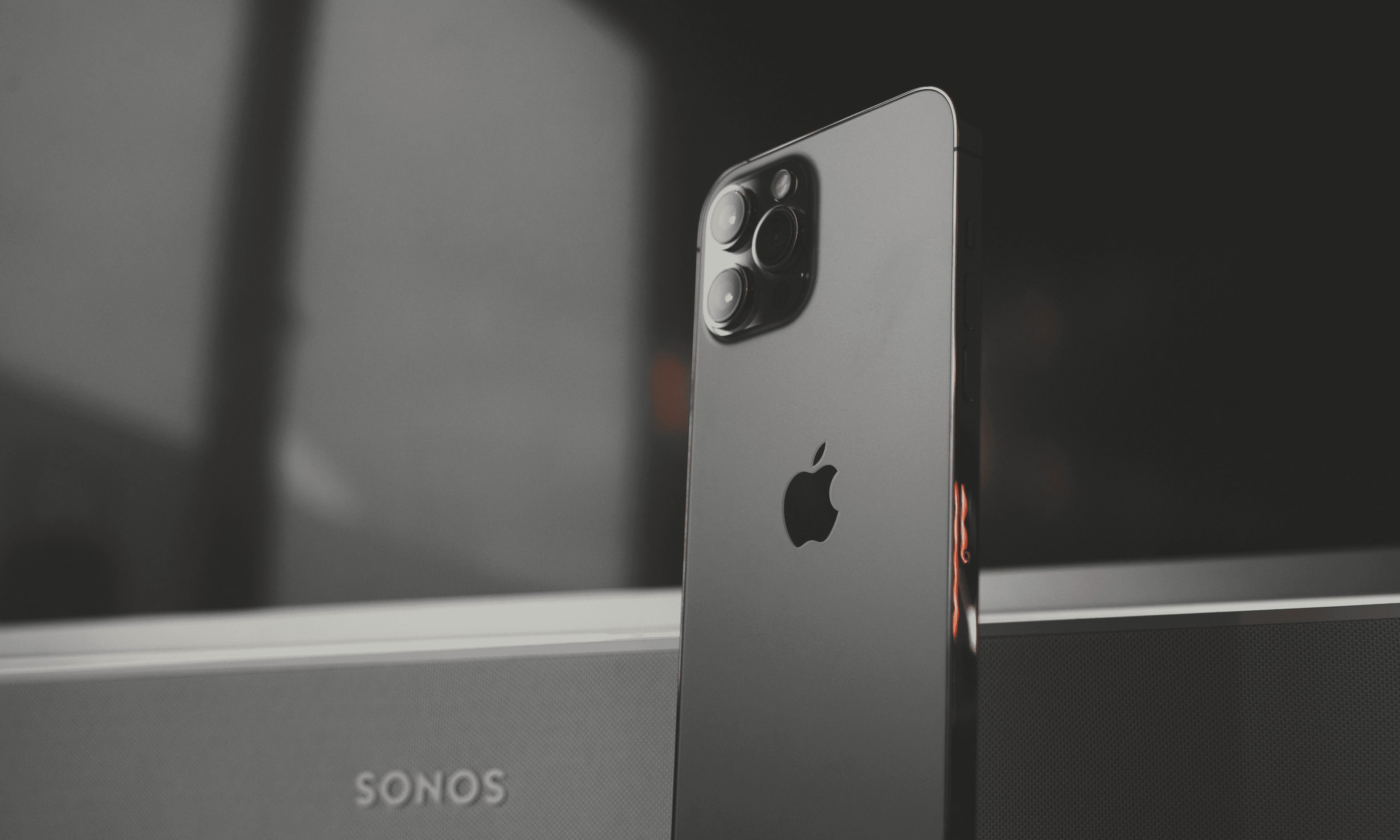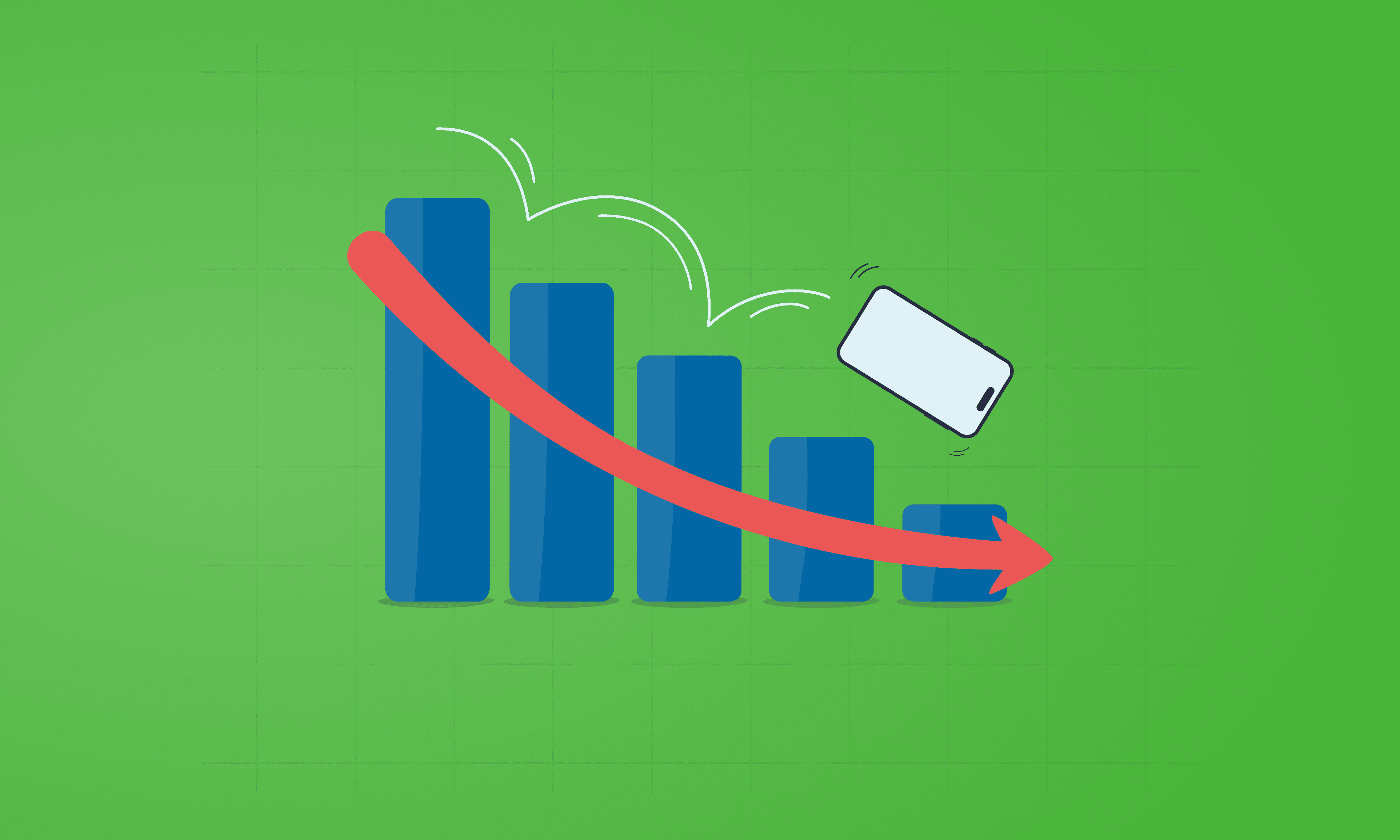Explore the latest iPhone 17 rumours, new features and whether rising prices are really justified.

Written by Sneha Kashyap, Content and PR Executive | Conscious Consumption and Tech Trends
Last updated on 11 December 2025

Whenever a new iPhone release is on the horizon, a mix of excitement and scepticism usually takes over. The iPhone 17 due to be released this autumn, with the slimmer iPhone 17 Air and rumoured sleeker design, a few smart features, and once again a higher price tag. The iPhone 17 Air is expected to feature the most significant design update yet. There has also been speculation that the device might measure only 5.5mm in thickness, making it the slimmest iPhone Apple has ever made, but let's hope that if this is the case, it's not another disaster like the flimsy iPhone 16 Plus.
However, this year, the conversation around price isn’t just about Apple’s usual premium, it’s about global politics, supply chain shifts, and whether software updates are enough to justify a hefty price hike. So is the iPhone 17 really worth what Apple is charging or are consumers paying for something beyond the phone itself? Let’s break it down.
While Apple is yet to announce the iPhone 17, there have been speculations that the price tag isn’t going to be purely a reflection of technological advancements, but rather a result of trade wars and tariffs.
Since the trade tensions between the U.S. and China escalated under President Donald Trump, there’s been a 25% tariff on most goods imported from China including smartphones. Although the U.S. and China reached a trade deal, the tariffs remain in place. Apple, like many tech giants, still assembles a large portion of its devices in China which means these tariffs directly affect manufacturing costs as well as the cost of bringing these latest devices to the UK and the rest of the world. While Apple doesn’t disclose exact pricing formulas, in the latest 2025 Apple earnings call, Cook said that Apple will likely absorb the $900 million in additional costs relating to tariffs.
Sure, Apple has made moves to diversify its manufacturing by shifting some production to India and Vietnam. However, the transition isn’t likely to get rid of the price hike as the Trump administration imposed a 26% price increase for phones manufactured in India. Furthermore, tariffs are set to increase by an additional 30% and could mean a total of 51-55% increase for smartphones manufactured in India and China. Nevertheless, the tariffs would essentially be a sales tax, meaning retailers could pass that on to consumers. In light of this development, global market growth is projected to dip by 1.9% as consumers remain wary of bearing the brunt of Trump’s tariffs.
At this point, analysts have refused to provide specific numbers with the launch being mere weeks away. However, the most concrete rumour circulating around the iPhone 17 pricing is the Jefferies prediction from July indicating a $50 increase across the lineup.
As rumours continue to swirl, we’re getting a clearer picture of what the iPhone 17 will look like and the new features it might introduce. From redesigned hardware to next-gen performance and smarter battery technology, here’s a breakdown of the most talked-about iPhone 17 features:
Rendered image (back view) courtesy of Guichang Chen
Rendered image (side view) courtesy of Digital Chat Station, Weibo
One of the most noticeable design changes may be the camera system. The iPhone 17 Air is expected to feature a single 48MP rear camera in a pill-shaped, horizontal layout, marking a significant departure from the diagonal setups we’ve seen since the iPhone 13. On the Pro models, Apple may opt for a larger rectangular camera housing, which some have compared to Google's Pixel series. Whether fans will embrace the change remains to be seen.
In a potential shift for the Pro lineup, reports suggest that Apple might replace the titanium frame from the iPhone 16 Pro models with aluminium frames across the iPhone 17, 17 Air, and 17 Pro. While this would align the Pro with the base models (which already use aluminium), some might view this as a step back in terms of premium feel and durability. That said, the iPhone 17 Pro Max is expected to continue using titanium, maintaining its status as Apple’s top-tier flagship.
Rendered image courtesy of Bukky Amosun
Another subtle but notable change could be an off-centre USB-C port, seen in prototype leaks. This would mark a small but distinctive design adjustment, reportedly made to accommodate a slimmer body. While the function of the port remains the same, this shift could hint at broader internal restructuring.
Apple appears to be sticking with its winning formula when it comes to displays. The iPhone 17 Air is rumoured to include a 6.6-inch OLED screen with ProMotion and a redesigned Dynamic Island user interface. Analyst Jeff Pu revealed that the iPhone 17 Pro Max will have a slimmer Dynamic Island because Apple is using a smaller lens for Face ID.
Battery life could see one of the most meaningful upgrades in years. Apple is reportedly developing a silicon-anode battery, which may store more power in a smaller package than graphite-based lithium-ion cells. This change is especially important given the push for thinner designs, like the iPhone 17 Air.
Paired with the power-efficient A19 chip expected in the Pro models, users could enjoy better battery life without a bigger battery. Meanwhile, standard models like the iPhone 17 and 17 Plus are likely to stick with the A18 chip, carried over from the iPhone 16.
Alongside hardware improvements, Apple is also introducing AI-driven battery management via iOS 26 and its new Apple Intelligence platform. This feature will monitor how you use your phone and make automatic adjustments to preserve power throughout the day. Expect smarter background app management, adaptive screen brightness, and even predictive charging — all working quietly in the background.
WWDC 2025 included a mixed bag of software updates that didn’t exactly ‘wow’ its audience which is similar to the last WWDC event. Last year Apple unveiled its answer to ChatGPT with Apple Intelligence, highlighting a smarter, more personal Siri capable of scanning email and messages which can determine the ideal time to book a restaurant. However, the feature faced delays, leading to its removal from advertisements earlier this year as well as the absence of any concrete update during WWDC 2025 announcements. Apple’s Senior VP of Software, Craig Federighi, acknowledged the delay, saying the technology needed additional time to reach the company’s high standards. He reaffirmed that it’s still expected to roll out within the coming year.
So as you can see Apple hasn't had a great track record when it comes to WWDC in recent years and what we want to dive into is what you can actually get for your money with the next iPhone launch. The iPhone 17 launches alongside iOS 26, which brings several updates, but do they justify the price?
Liquid Glass: Sleeker visuals with a more fluid lock screen that adapts to your context. We think this is great but not functionally transformative.
Call Screening & Phone App Redesign: Borrowed from Google Pixel’s best features, Apple’s version filters spam and offers AI-powered call summaries.
Live Translation in Messages, FaceTime and Calls: A good feature for travellers despite the fact that it depends on data and sometimes misfires in context-heavy conversations!
Visual Intelligence on Screen: The iPhone now ‘sees’ what’s on screen identifying objects, links or actions (like copying tracking numbers or identifying landmarks). Smart but inconsistent.
New Group Messaging and Emoji Reactions: Adds more fun and utility to chats, but again, nothing groundbreaking.
New Games App: Apple’s main hub for gaming has better controller support and Game Centre integration but how many customers use this on a daily basis?
Apple has always charged more than competitors and its loyal fan base has accepted that, for good reason. The integration between hardware and software, the longevity of devices and the customer support ecosystem justify a premium. But this year, the gap between price and value feels wider than ever. Even when competing brands offer more of an upgrade, both software and hardware, Apple’s pricing starts to look less like a premium.
If you’re using an iPhone 14 or newer, the iPhone 17 offers very little incentive to upgrade, unless you absolutely must have the latest design or are replacing a damaged phone. On the other hand, if you’ve got an older model like an iPhone 11 or iPhone 12, you’ll definitely feel a difference in performance and display quality, but of course, the value gap still matters. Which is why we would suggest going for a refurbished iPhone 15 / 16 or waiting for mid-cycle price drops on the iPhone 17 at a later date. This way, you can enjoy the latest software updates as well as take advantage of a newer feel iPhone.
Ultimately, we think that the rumours for the iPhone 17 sound pricey but not groundbreaking enough to justify such a potentially high price tag. Factors like tariffs and political tensions explain some of the cost, but Apple also seems to be leveraging its brand prestige and more than delivering game changing innovation. So, if you’re looking for a mobile phone that offers incredible features, you may want to look elsewhere or wait for a more substantial upgrade next year.

The iPhone used to define innovation. Now every new model feels the same. Is Apple’s story running out of pages?

See which Apple, Samsung and Google phones hold their value best over the first and second year on the market.
With Pixels becoming a decent contender for your upgrade choice, we’ve crunched the numbers to reveal depreciation patterns of Google Pixel phones.